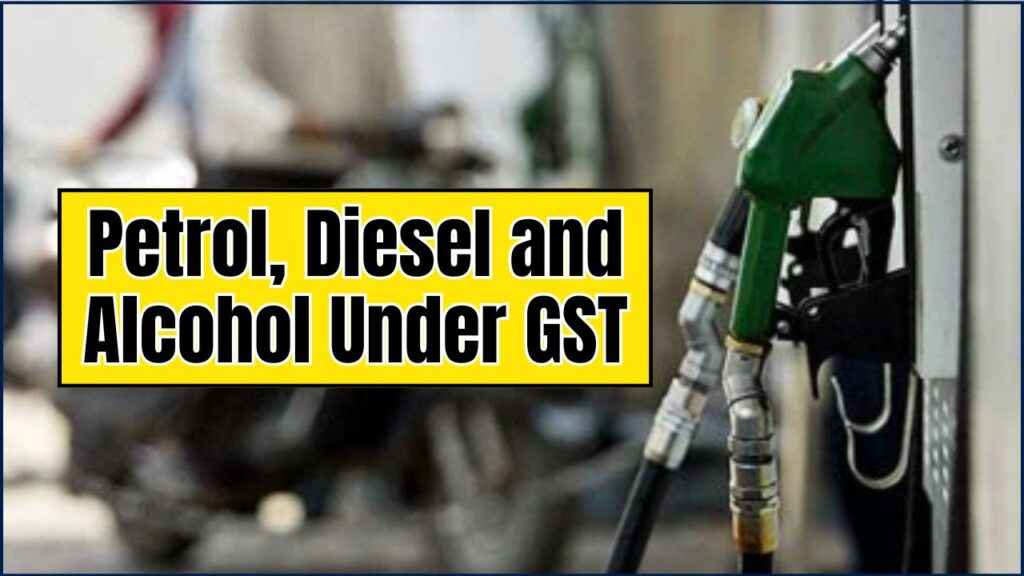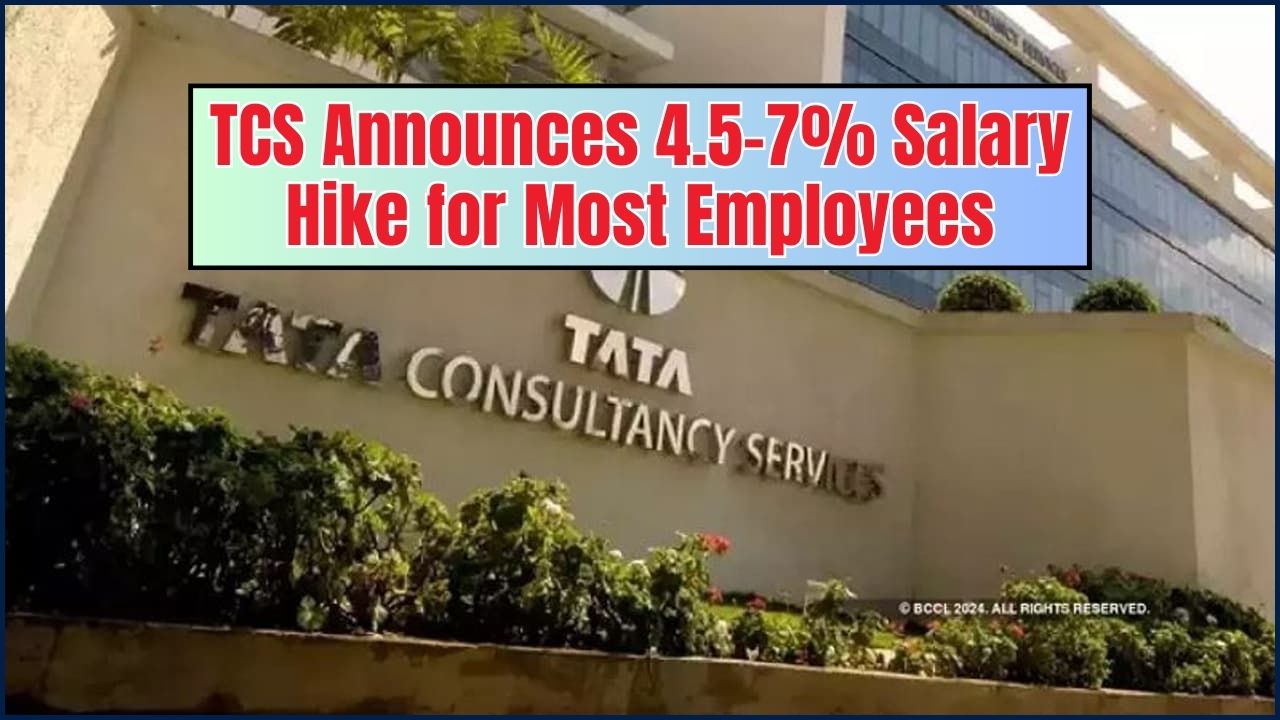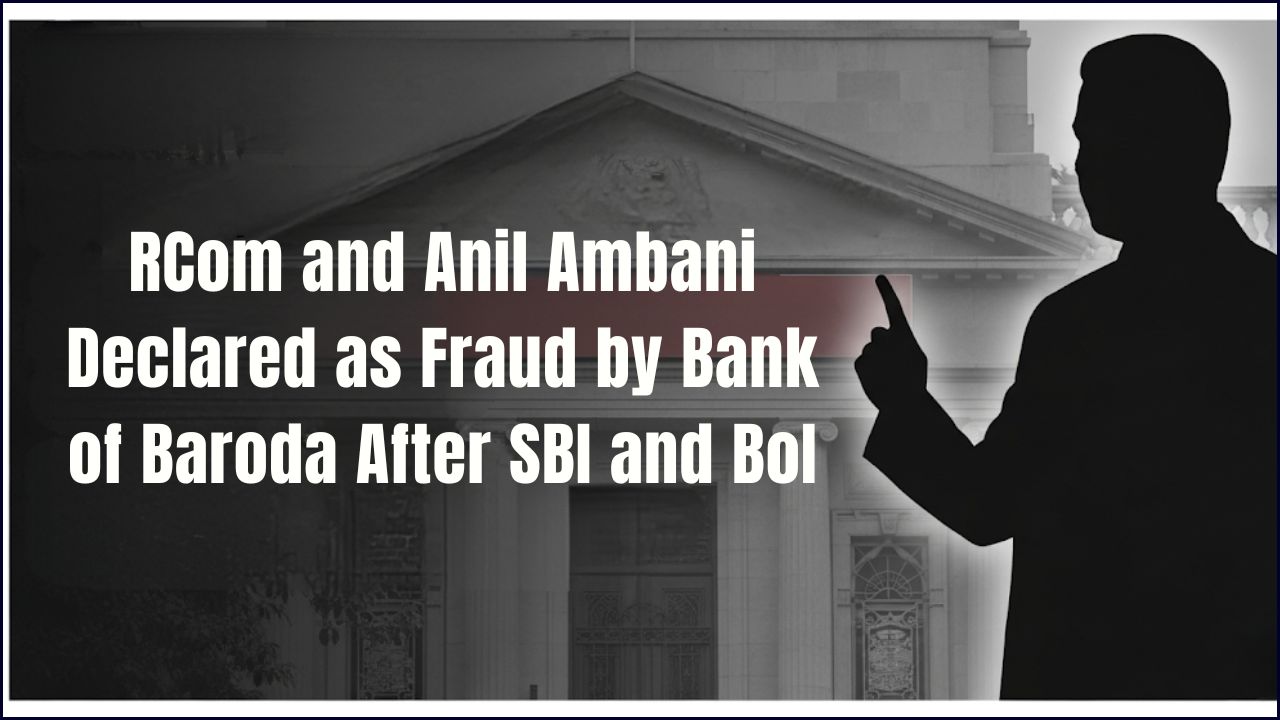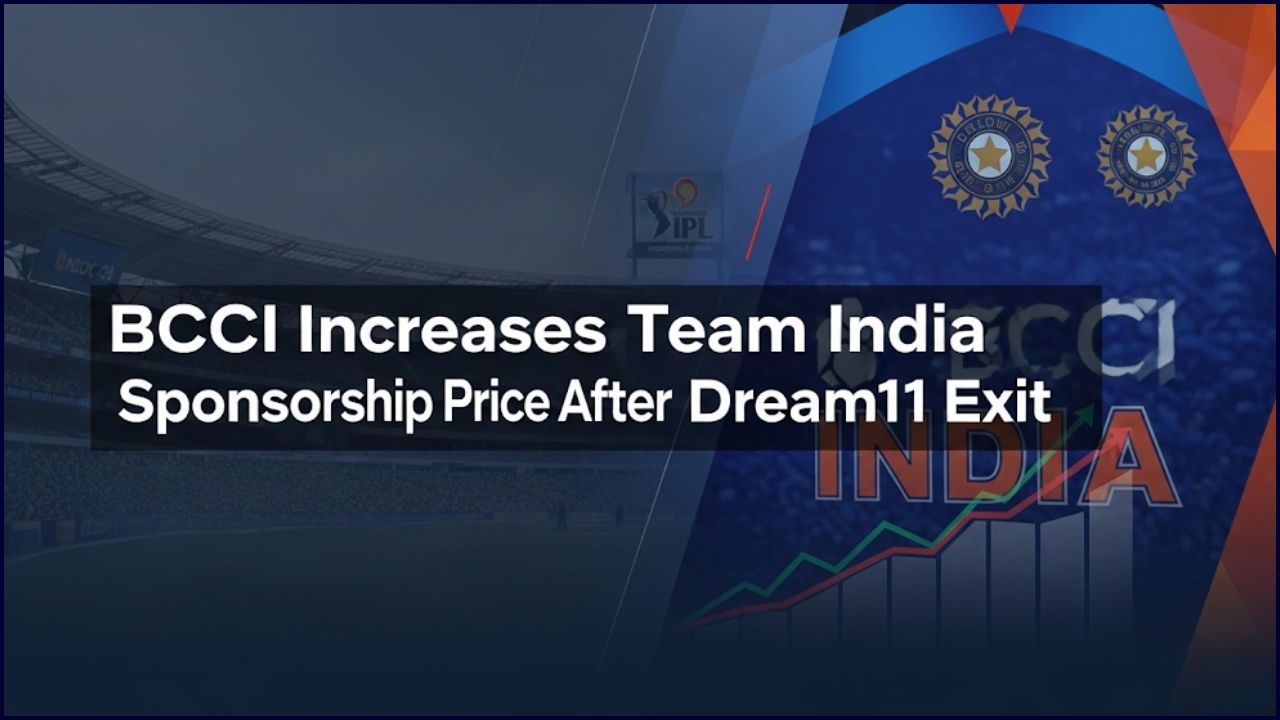
Finance Minister Nirmala Sitharaman has confirmed that petrol, diesel, and alcohol will remain outside the Goods and Services Tax (GST) regime in the immediate future, despite sweeping reforms that simplify tax rates across most goods and services.
GST Reform and the Exclusion of Fuel and Alcohol
India is preparing to implement a new GST structure from 22 September 2025, featuring simplified slabs of 5 percent, 18 percent, and 40 percent for so-called “sin goods,” according to Reuters. Despite the changes, the government has decided not to bring petroleum products and alcoholic beverages into the GST system.
“The current proposal does not include it, and it is unlikely to be done in the immediate future,” Sitharaman told reporters, as cited by Moneycontrol.
This decision underscores the delicate balance between central reforms and state-level fiscal independence.
Constitutional and Fiscal Constraints
Under the 101st Constitutional Amendment, alcohol for human consumption is explicitly excluded from GST. This means any change would require both parliamentary approval and consensus among states.
Petroleum products, including petrol and diesel, are also exempted, though the GST Council holds the authority to bring them under the regime. For now, the council has refrained from doing so, citing heavy reliance by state governments on excise and value-added tax (VAT) revenues from fuel and liquor sales.
A Business Standard analysis notes that alcohol and petroleum together account for a substantial share of state tax income. Their inclusion under GST could sharply reduce fiscal autonomy, leaving states dependent on central transfers.
The New GST Landscape
The revised GST framework is designed to simplify compliance and encourage consumption. According to the Finance Ministry, 99 percent of goods will now fall into the 0 percent, 5 percent, or 18 percent brackets. Only 1 percent of goods, such as luxury cars, tobacco, and aerated drinks, will face the highest 40 percent “de-merit” tax rate.
Expert Perspectives
Economists say the exclusion of alcohol and petroleum is not surprising. “States will not easily give up revenue streams that fund critical welfare programmes,” said Dr. Ramesh Chand, a member of the government’s policy think tank NITI Aayog, in an interview earlier this year.
Industry bodies, however, argue that a uniform tax regime could reduce cascading taxes and improve efficiency in logistics and manufacturing. A report from the Confederation of Indian Industry (CII) suggested that bringing fuel under GST might reduce costs for transport and inflationary pressures, though it acknowledged the political challenges involved.
Looking Ahead
While the GST 2.0 reform marks a significant milestone, the exclusion of petrol, diesel, and alcohol highlights the political and fiscal complexities of India’s tax landscape. Analysts expect the debate to continue as states seek secure revenue bases while businesses push for greater tax harmonisation.
GST Refunds in 7 Days and Business Registration in 3—Big Reform Announced
Conclusion
The government’s decision signals continuity in fiscal federalism, prioritising state autonomy over uniformity in taxation. For now, consumers and industries will continue to face varying state-level levies on alcohol and petroleum, even as the broader GST regime becomes more streamlined.





